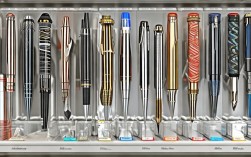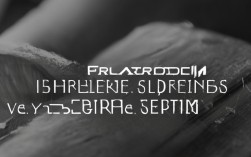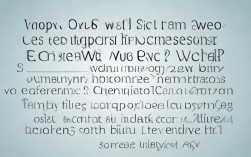Sanction(批准 vs. 制裁)
这个词可能是最典型的“自相矛盾”单词。
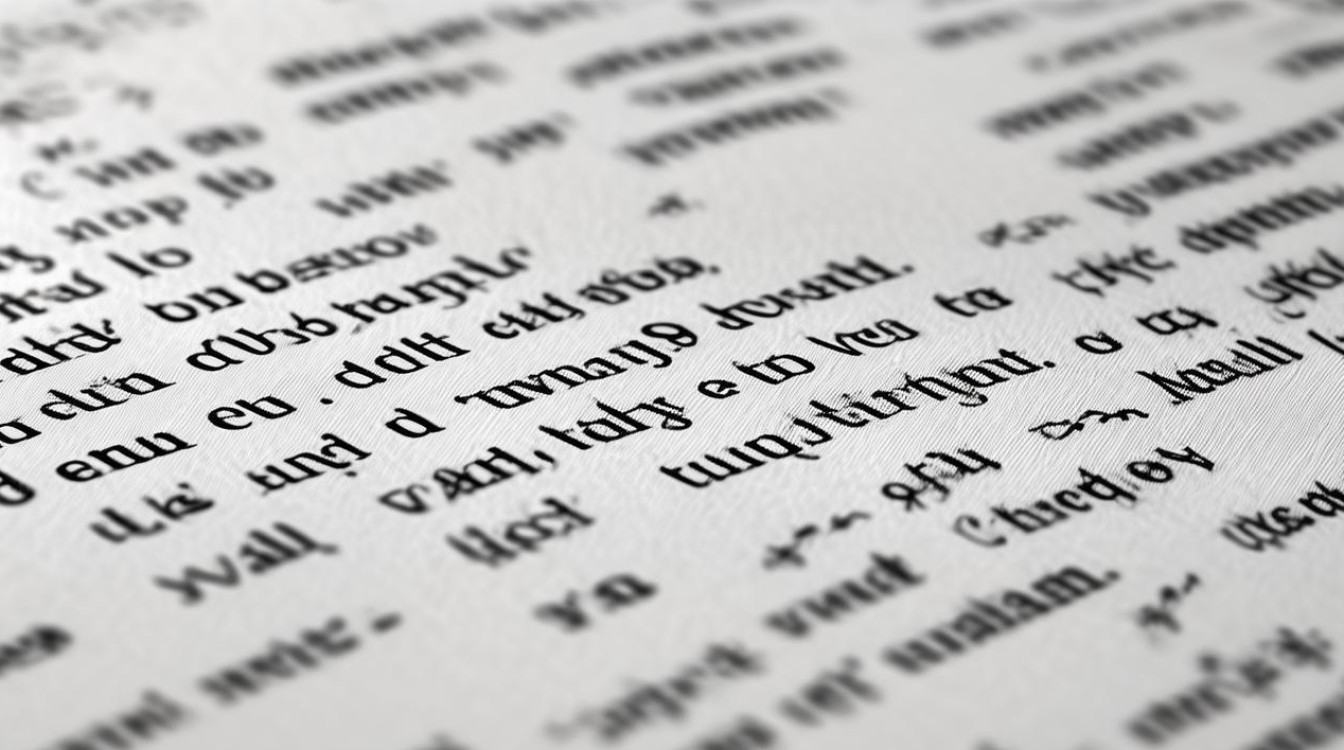
- Positive meaning(正面含义):官方批准或授权。
- The government sanctioned the new policy.(政府批准了新政策。)
- Negative meaning(负面含义):经济或政治制裁。
- The UN imposed sanctions on the country.(联合国对该国实施制裁。)
Cleave(粘合 vs. 劈开)
同一个单词,却有两种截然相反的意思。
- Positive meaning:紧密粘合或依附。
- The two surfaces cleaved together perfectly.(两个表面完美粘合。)
- Negative meaning:用力劈开或分裂。
- He used an axe to cleave the log in half.(他用斧头把木头劈成两半。)
Dust(除尘 vs. 撒粉)
根据上下文,这个词可以表示完全相反的动作。
- Positive meaning:清除灰尘。
- She dusted the shelves every morning.(她每天早上给架子除尘。)
- Negative meaning:撒上粉末。
- He dusted the cake with powdered sugar.(他在蛋糕上撒糖粉。)
Oversight(监督 vs. 疏忽)
这个词既可以表示“密切关注”,也可以表示“不小心忽略”。

- Positive meaning:监督或管理。
- The committee has oversight of the project.(委员会负责监督这个项目。)
- Negative meaning:疏忽或遗漏。
- The error was due to an oversight.(这个错误是由于疏忽造成的。)
Fast(快速 vs. 固定)
“Fast”通常指“快”,但在某些情况下,它表示“固定不动”。
- Positive meaning:快速移动。
- He runs very fast.(他跑得很快。)
- Negative meaning:牢牢固定。
- The boat was stuck fast in the mud.(船牢牢地陷在泥里。)
Temper(缓和 vs. 激怒)
这个词可以表示“使某事变得更温和”,也可以表示“使某人更愤怒”。
- Positive meaning:使缓和或调节。
- She tempered her criticism with kindness.(她用善意缓和了批评。)
- Negative meaning:激怒或使更强烈。
- His harsh words only tempered her anger.(他的刻薄话只会让她更愤怒。)
Bolt(逃跑 vs. 固定)
“Bolt”可以指“突然逃跑”,也可以指“用螺栓固定”。
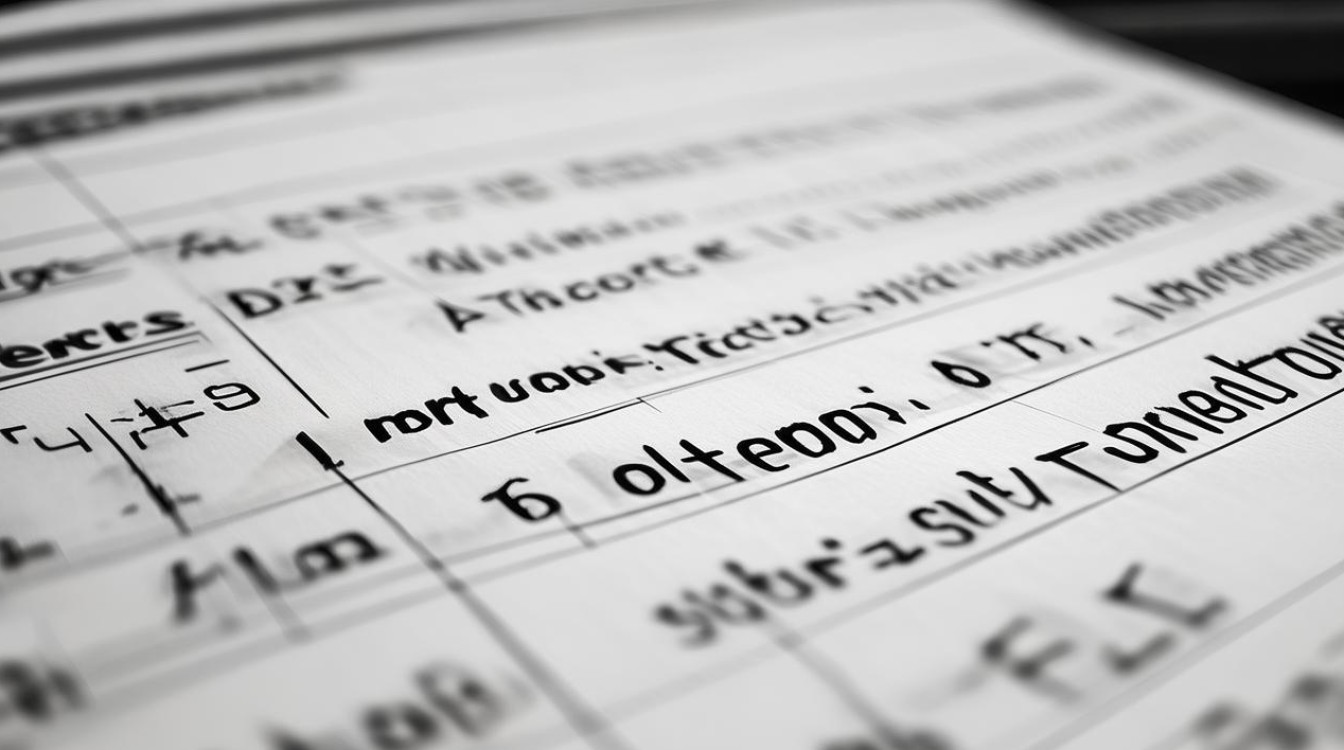
- Positive meaning:用螺栓固定。
- He bolted the door shut.(他用螺栓把门固定住。)
- Negative meaning:突然逃跑。
- The horse bolted at the sound of thunder.(马听到雷声后突然狂奔。)
Left(剩余 vs. 离开)
“Left”既可以指“剩下的东西”,也可以指“离开的动作”。
- Positive meaning:剩下的。
- There’s some food left in the fridge.(冰箱里还剩一些食物。)
- Negative meaning:离开。
- He left the room without a word.(他一句话没说就离开了房间。)
Clip(夹住 vs. 剪断)
这个词可以表示“固定”,也可以表示“剪掉”。
- Positive meaning:夹住或固定。
- She clipped the papers together.(她把文件夹在一起。)
- Negative meaning:剪断或修剪。
- He clipped the hedge neatly.(他把树篱修剪得很整齐。)
Resign(辞职 vs. 重新签署)
“Resign”通常指“辞职”,但在某些情况下,它也可以表示“重新签署”。
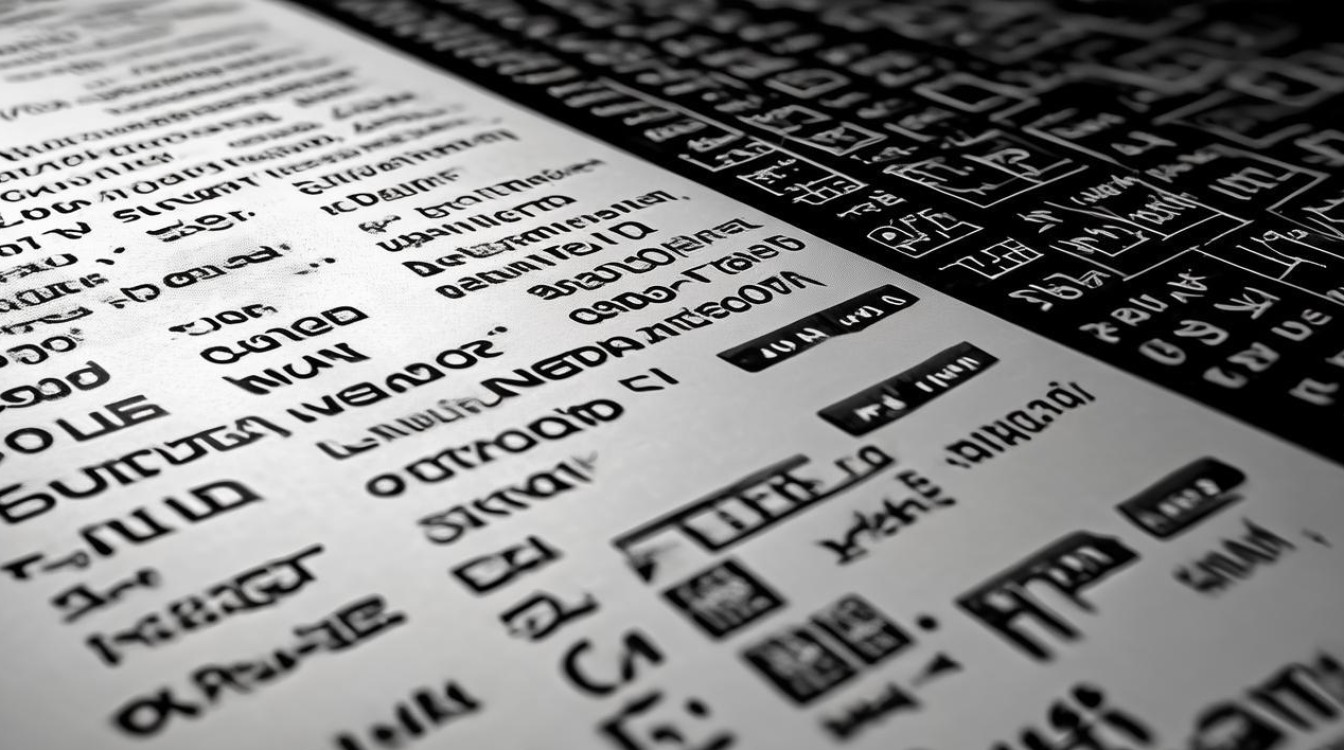
- Positive meaning:重新签署或确认。
- The contract was resigned for another year.(合同重新签署了一年。)
- Negative meaning:辞职或放弃。
- She resigned from her job last week.(她上周辞职了。)

